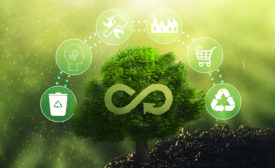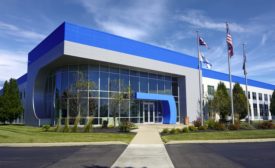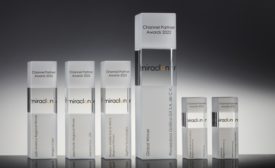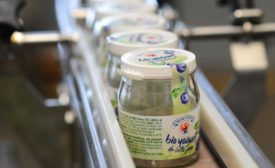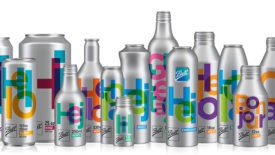Featured on Home Page
Editor’s Note
Writing about packaging for fresh produce takes this journalist back to his early B2B reporting days
Read More
Sustainability
Ball Corporation Releases Climate Transition Plan
Aluminum packaging provider’s extensive plan outlines near-term actions, value chain collaboration and joint advocacy to drive circularity and decarbonization.
April 26, 2023
Materials
Celebrating Aluminum’s Recyclability
Novelis’s new Customer Solution Center in Brazil and the Can Manufacturers Institute’s recycling initiative in New Orleans highlight the many advantages of using aluminum for beverage packaging
April 25, 2023
Keep the info flowing with our eNewsletters!
Get the latest industry updates tailored your way.
JOIN TODAY!Copyright ©2025. All Rights Reserved BNP Media.
Design, CMS, Hosting & Web Development :: ePublishing

